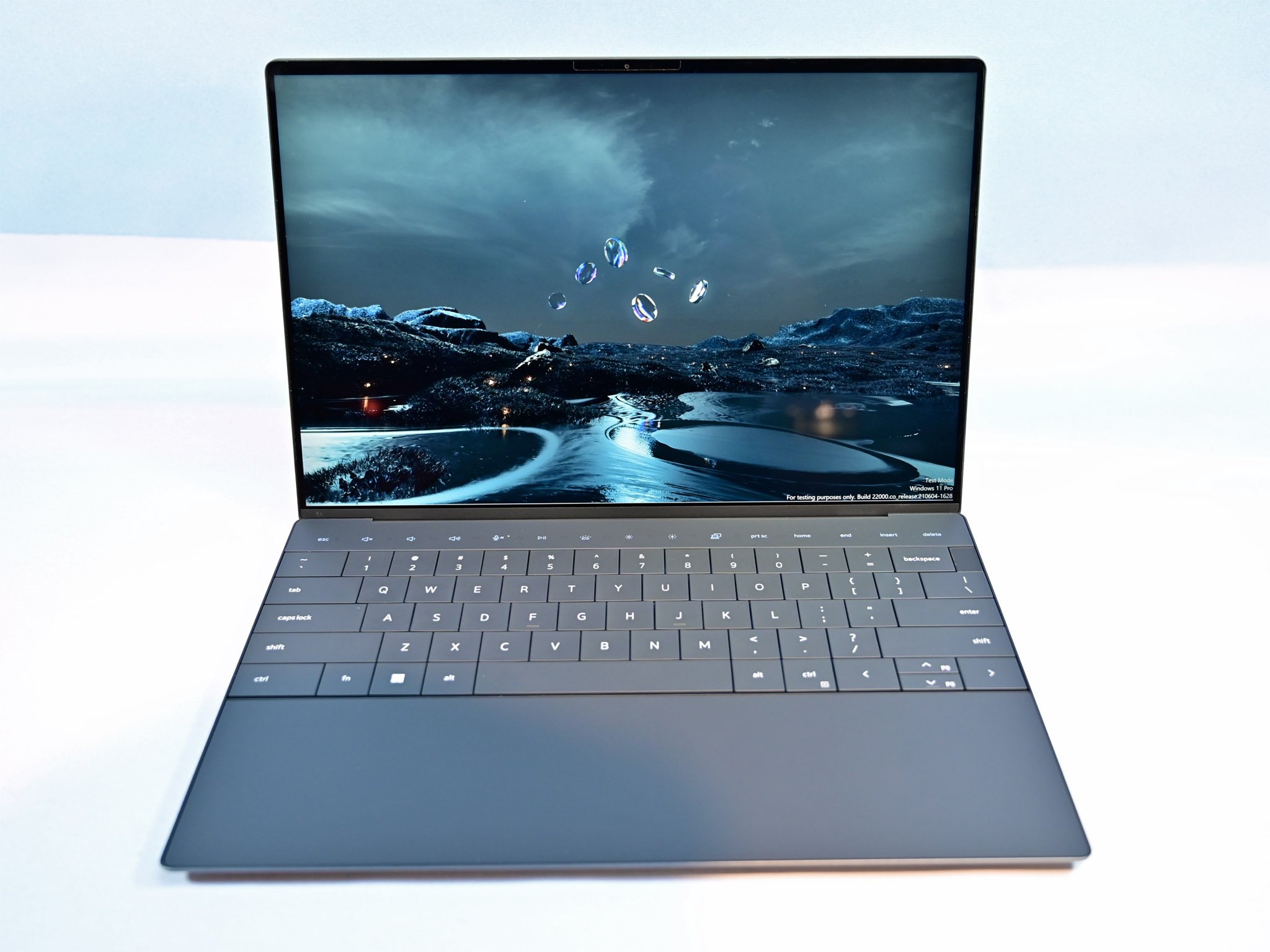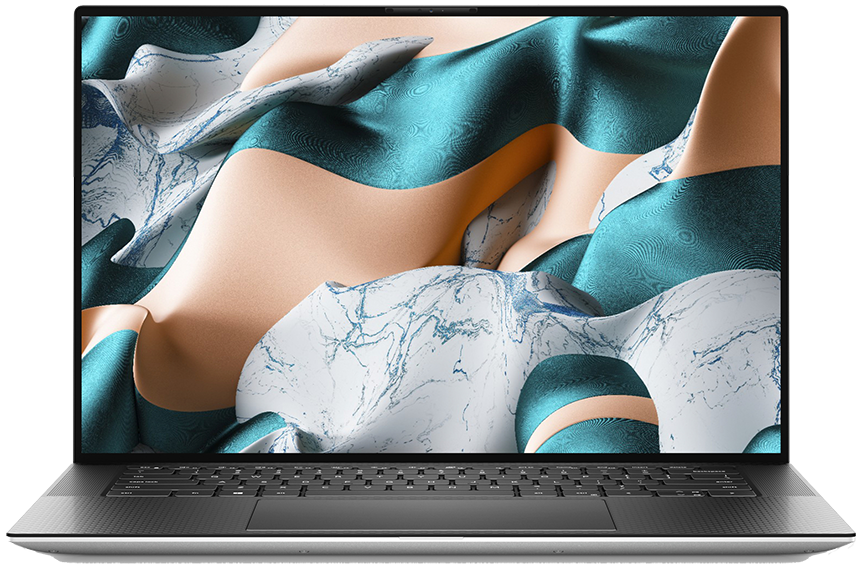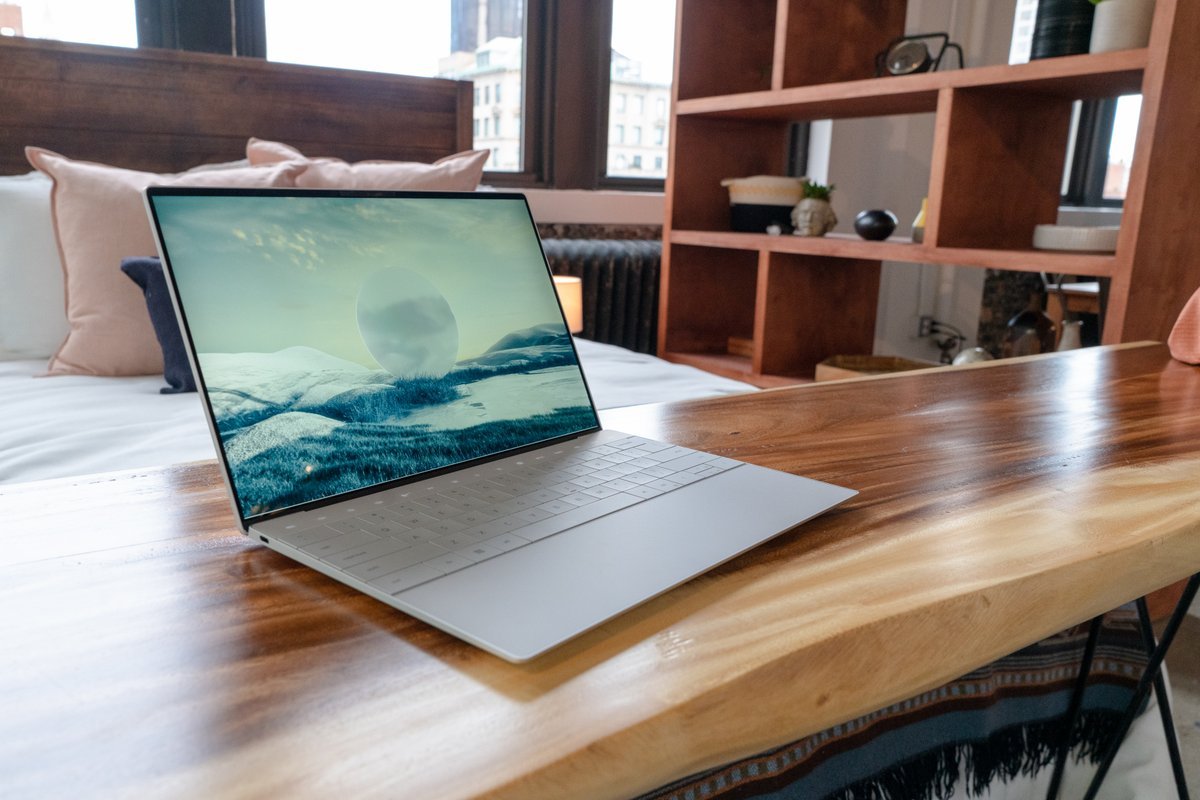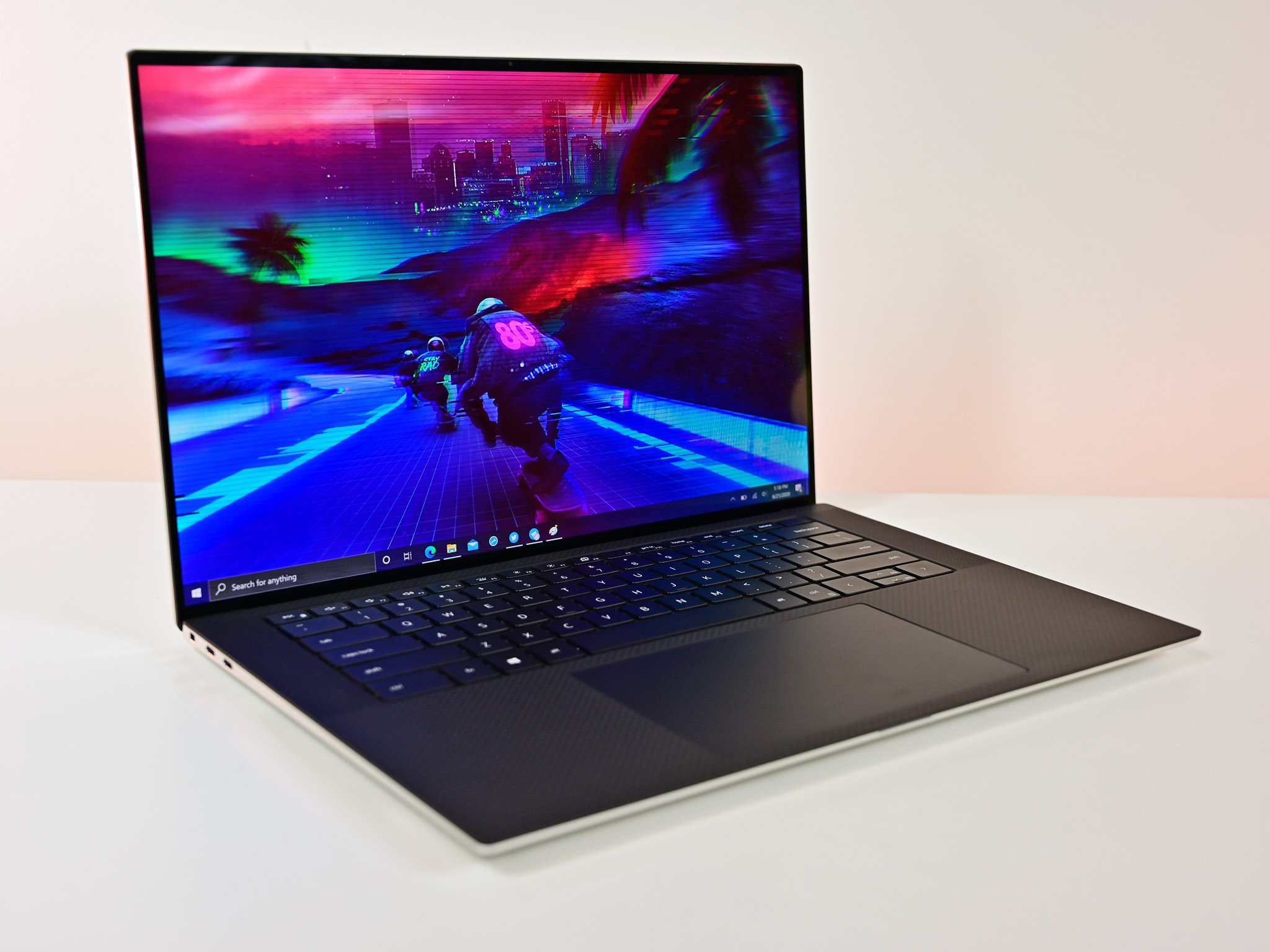Dell XPS 13 Plus vs. XPS 15


Best overall
The Dell XPS 13 Plus will be the better option for most people since it has the best overall balance between performance and price for folks who need something for general productivity, daily web browsing, simple applications, and other common use cases. The Dell XPS 15 is better if you need something with more power, though, and the Dell XPS 13 Plus' lack of an audio jack makes it less appealing for folks who regularly work with audio.
Pros
- Excellent Ultrabook performance
- Larger keycaps and touchpad
- Battery life likely better
- Smaller and lighter
- More affordable
Cons
- No 3.5mm audio
- Lower maximum memory
- Some may dislike capacitive touch buttons

Best for creators
The latest refresh of the tried-and-true Dell XPS 15 is a superb alternative for people who need the power of H-series CPUs and NVIDIA RTX GPUs, and it also comes with options for more memory as well. It also comes with 3.5mm audio and traditional function keys, which some will prefer. It's pricier, larger, and heavier, though, and the overall battery life is expected to be worse.
Pros
- Excellent workstation performance
- Fantastic design
- More memory
- Function keys
- Includes 3.5mm audio
Cons
- More expensive
- Larger and heavier
- Battery life likely worse
Both of these laptops are impressive, but we believe that the Dell XPS 13 Plus will be the best option for most users since it's geared towards general productivity and web browsing, which is what most people generally need laptops for. With that said, the Dell XPS 15 is as performant and reliable as ever, and we highly recommend it if you're a specialist or enthusiast in need of NVIDIA RTX GPUs and up to 64GB of memory. It's the clear winner of this matchup if you work with audio frequently in particular, as it comes with a 3.5mm audio jack.
Dell XPS 13 Plus vs. 15: Design and specs
Both the Dell XPS 13 Plus and the Dell XPS 15 are powerful laptops, but the two devices have different strengths. Even though both devices use 12th Gen Intel chips, the Dell XPS 13 Plus has P-series processors designed to achieve a strong balance between performance and battery life in thin-and-light laptops, while the Dell XPS 15 features H-series CPUs that were designed to achieve maximum performance. In terms of graphics, the Dell XPS 13 Plus comes with Intel Iris Xe integrated graphics, while the Dell XPS 15 can be outfitted with a powerful dedicated NVIDIA RTX 3050 or 3050 Ti GPU. Both laptops feature top-notch DDR5 RAM and up to 2TB of SSD storage, though the Dell XPS 15 can have up to 64GB of RAM while the Dell XPS 13 Plus is limited to just 32GB. In general, the XPS 13 Plus will be better for general computing and light productivity work, while the XPS 15 is ideal for more intensive activities that require a hefty amount of GPU power and memory capacity, such as video editing or 3D rendering.
We haven't been able to perform tests of our own on either laptop yet, but something important to keep in mind is that battery life for the XPS 13 Plus is anticipated to be better. This is because the beefier specs in the Dell XPS 15 draw more power from the battery. With that said, the Dell XPS 15 features a traditional 3.5mm audio jack while the Dell XPS 13 Plus doesn't, making it a better choice for folks who work with audio frequently. The Dell XPS 13 Plus does come with a USB-C to 3.5mm audio adapter, but it's nice not to have to waste a Thunderbolt 4 port on audio with the Dell XPS 15.
| Header Cell - Column 0 | Dell XPS 13 Plus | Dell XPS 15 (9520) |
|---|---|---|
| CPU | Intel Core i5-1240P Intel Core i7-1260P Intel Core i7-1270P Intel Core i7-1280P | Intel Core i5-12500H Intel Core i7-12700H Intel Core i9-12900HK |
| GPU | Intel Iris Xe Graphics | Intel UHD Graphics Intel Iris Xe Graphics NVIDIA RTX 3050 NVIDIA RTX 3050 Ti |
| Memory | 8GB DDR5 16GB DDR5 32GB DDR5 | 8GB DDR5 16GB DDR5 32GB DDR5 64GB DDR5 |
| Storage | 512GB SSD 1TB SSD 2TB SSD | 256GB SSD 512GB SSD 1TB SSD 2TB SSD |
| Display | 13.4 inches 16:10 aspect ratio 1920x1200/3456x2160/3840x2400 Touch/non-touch LCD/OLED | 15.6 inches 16:10 aspect ratio 1920x1200/3456x2160/3840x2400 Touch/non-touch LCD/OLED |
| Ports | 2x USB-C Thunderbolt 4 | 2x USB-C Thunderbolt 4 1x USB-C 3.5mm audio |
| Audio | 4x stereo speakers | 4x stereo speakers |
| Front camera | 720p RGB camera 720p IR camera (Windows Hello) | 720p RGB camera 720p IR camera (Windows Hello) |
| Biometrics | Fingerprint reader | Fingerprint reader |
| Connectivity | Intel Killer Wi-Fi 6E AX211 (2x2) Bluetooth 5.2 | Killer Wi-Fi 6 AX1650 (2x2) Bluetooth 5.1 |
| Battery | 55WHr | 56WHr 86WHr (with NVIDIA GPUs) |
| Weight | 2.73 pounds (1.24kg) | Non-touch: 3.99 pounds (1.8kg) Touch: 4.31 pounds (1.96kg) |
| Price | Starts at $1,273 | Starts at $1,420 |
The Dell XPS 13 Plus also comes with a completely refreshed design that includes a wider keyboard, wider keycaps, a haptic trackpad, and capacitive touch buttons that replace traditional function keys. The typing experience on the XPS 13 Plus is expected to be even better than it is on Dell's standard XPS design (which is fantastic as is), but capacitive touch buttons are tricky, and there's a chance they'll be less reliable than normal function keys. We won't know for sure until we actually get our hands on a Dell XPS 13 Plus.
Dell XPS 13 Plus vs. 15: Which should you buy?
While both the Dell XPS 13 Plus and the Dell XPS 15 are sure to satisfy, we believe that the Dell XPS 13 Plus is ultimately going to be the better option for the majority of people. Its top-notch productivity performance, new design, and (expected) longer battery life all make it a fantastic device for the average user who needs something effective for general computing and standard productivity.
With that said, don't count the Dell XPS 15 out — especially if you need a device that has a powerful GPU and lots of RAM and storage. With up to an Intel Core i9-12900HK CPU, up to an NVIDIA RTX 3050 Ti GPU, and up to 64GB of DDR5 RAM, the Dell XPS 15 is perfect for specialists who need to tackle intensive workloads.
If neither of these laptops appeals to you, make sure to review our roundup of the best Windows laptops for more options.
All the latest news, reviews, and guides for Windows and Xbox diehards.

The ultimate Ultrabook
The Dell XPS 13 Plus will be the better option for most people since it has the best overall balance between performance and price for folks who need something for general productivity, daily web browsing, simple applications, and other common use cases. The Dell XPS 15 is better if you need something with more power, though, and the Dell XPS 13 Plus' lack of an audio jack makes it less appealing for folks who regularly work with audio.

Heavy duty
The latest refresh of the tried-and-true Dell XPS 15 is a superb alternative for people who need the power of H-series CPUs and NVIDIA RTX GPUs, and it also comes with options for more memory as well. It also comes with 3.5mm audio and traditional function keys, which some will prefer. It's pricier, larger, and heavier, though, and the overall battery life is expected to be worse.

Brendan Lowry is a Windows Central writer and Oakland University graduate with a burning passion for video games, of which he's been an avid fan since childhood. He's been writing for Team WC since the summer of 2017, and you'll find him doing news, editorials, reviews, and general coverage on everything gaming, Xbox, and Windows PC. His favorite game of all time is probably NieR: Automata, though Elden Ring, Fallout: New Vegas, and Team Fortress 2 are in the running, too. When he's not writing or gaming, there's a good chance he's either watching an interesting new movie or TV show or actually going outside for once. Follow him on X (Twitter).


